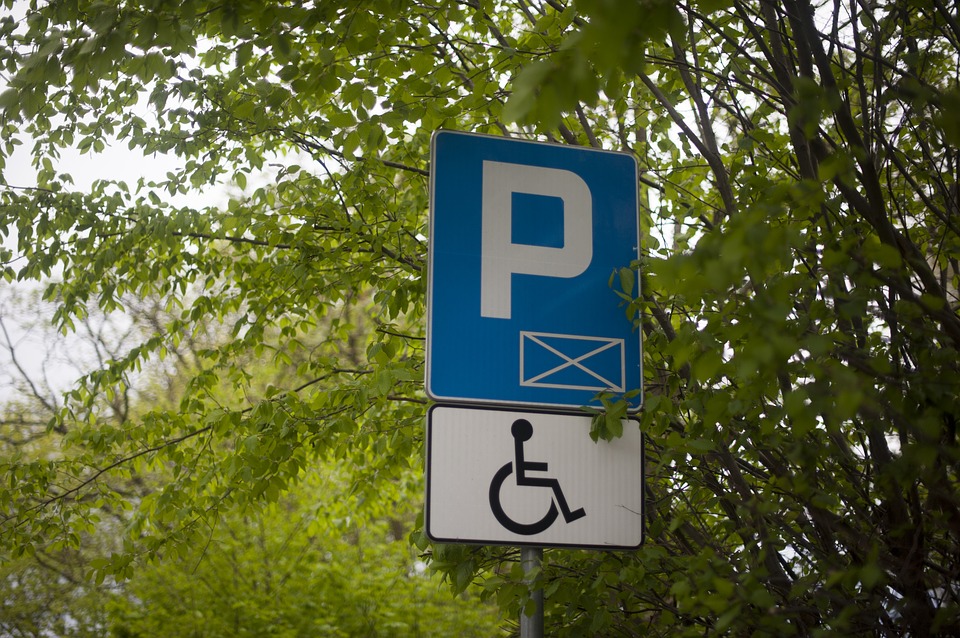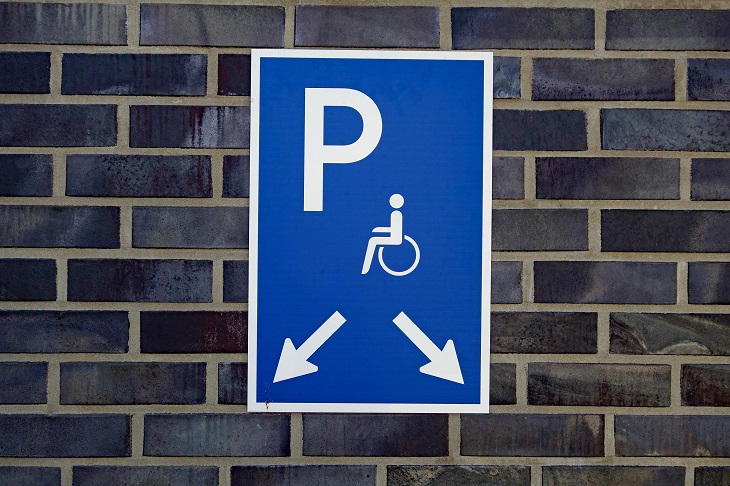Tennessee has a well-functioning, user-friendly disabled parking program. The Volunteer State provides a generous number of official disabled parking spaces for its disabled residents and visitors, and most municipalities in Tennessee also allow free parking for disabled permit-holders in metered, on-street parking spaces.
However, many Tennessee residents live in homes that are not as near as they would like to a disabled parking space. For residents who live an inconvenient distance from the nearest disabled parking space, is it possible to request a disabled space be installed outside their house?
Getting a disabled parking space outside your house can greatly increase your quality of life. Permit holders deserve a disabled parking infrastructure that is well-suited to their needs, and having a residential disabled space in Tennessee can be a real gamechanger.
So, can you get a disabled space outside your house in Tennessee? Who qualifies for a disabled space outside their house in Tennessee, and how do you apply? And who can park in residential handicap parking spaces in Tennessee? Let’s answer these crucial questions now.
Can I Get A Disabled Space Outside My House In Tennessee?
It is possible to get a disabled parking space outside your house in Tennessee. There is no fee to have a disabled space installed outside your house, and applications are decided on a case-by-case basis.
Who Qualifies For A Disabled Space Outside Their House In Tennessee?
Disabled parking permit holders qualify for a disabled space outside their house in Tennessee if it is judged to be necessary. Some of the factors that are taken into consideration when a person applies for a disabled space outside their house are:
- The availability of off-street parking at the residence (garage, driveway, parking lot)
- The location of the nearest on-street disabled spaces
- Whether the person has a permanent disabled parking placard or license plates
- Whether the home where the space is requested contains an accessibility ramp
- Whether the applicant is eligible for paratransit services offered by the metro government
How Do I Get A Disabled Parking Spot Outside My House In Tennessee?
So, how do I get a disabled bay outside my home in Tennessee? To apply for a residential disabled parking permit in Tennessee, you need to contact your local department of public works. The local department of public works evaluates applications on a case-by-case basis.
Who Can Park In Residential On-Street Handicap Parking Spaces?
Tennessee handicap parking laws do not allow for disabled spaces to be reserved. Therefore, a residential disabled parking space in Tennessee is not reserved only for the person who applied to have it installed. Any disabled parking permit holder is entitled to park in a residential space once it has been installed.
What Types Of Disabled Parking Permits Are Available In Tennessee?
The following types of disabled parking permit are available in Tennessee:
- Permanent disabled driver or passenger license plates or placards
- Agency disabled placard – for organizations that transport disabled people
- Temporary disabled placards – valid for up to six months
- Disabled Veterans license plates
How To Get A Handicap Placard In Tennessee
To get a Tennessee disabled parking permit, go to the Dr. Handicap online clinic and set up a telemedicine consultation with a licensed doctor. The doctor will verify your disability and then complete the relevant sections of an application form. Once the form is completed, submit it to the Tennessee Department of Revenue.
What Are The Qualifying Conditions For A Disabled Parking Permit In Tennessee?
To qualify for a Tennessee disabled parking permit, a person must:
- Be unable to walk 200 feet without needing to stop to rest
- Have had a foot, arm, leg, or hand amputated
- Have a disability that is certified by a licensed physician
- Be unable to walk without the aid of a wheelchair, crutches, brace, or some other assistive device
- Have vision worse than 20/200
Are Out-Of-State Disabled Permits Valid In Tennessee?
Disabled parking permits issued by all other US states are valid in Tennessee. Disabled permits from the following nations are also valid:
- Canada
- Mexico
- All EU states
- United Kingdom
- Australia
- New Zealand
- Japan
Featured image by Paul Trienekens on Unsplash



